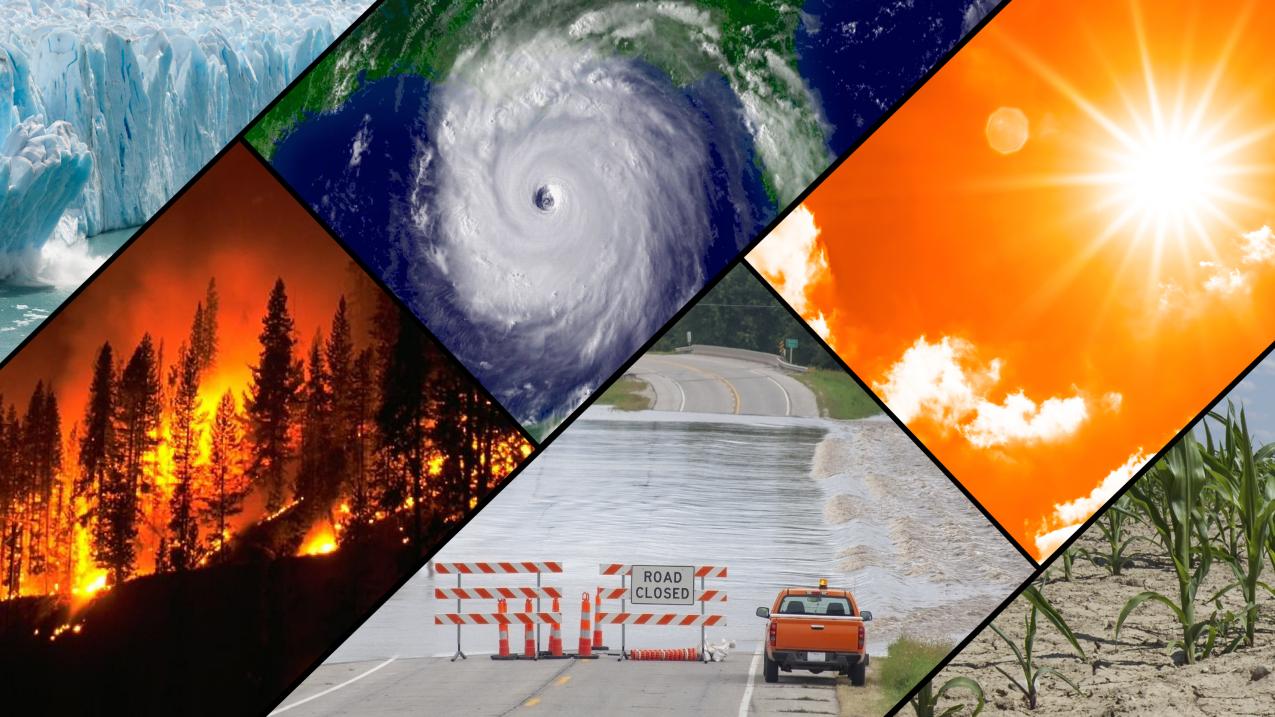In the vast tapestry of the cosmos, planets are not just solitary orbs spinning in space; they are intricate ecosystems teeming with life and interconnected systems that shape their very existence. Welcome to the realm of planetary ecology, where the harmonious interplay of geology, atmosphere, and biology creates a wondrous symphony of balance and diversity. Join us as we delve into the mysteries of how planets evolve, adapt, and thrive in the endless dance of the universe.
Table of Contents
- – Exploring the Interconnectedness of Planetary Systems
- – Preserving Biodiversity: Strategies for Sustainable Ecosystems
- – Climate Crisis: Urgent Actions for Planetary Health
- - Harmony with Nature: Promoting Responsible Stewardship
- Q&A
- Concluding Remarks
– Exploring the Interconnectedness of Planetary Systems
In the vast expanse of the cosmos, the delicate balance of planetary ecosystems reveals a mesmerizing tapestry of interconnectedness. Each celestial body plays a crucial role in the symphony of life, influencing and shaping the existence of species that call these worlds home. From the swirling storms of gas giants to the barren landscapes of rocky planets, the intricate web of relationships between celestial bodies is a testament to the harmony of the universe.
Key Aspects of Planetary Ecology:
- Orbital Dynamics: The dance of planets around their parent star dictates their climate, seasons, and overall stability.
- Atmospheric Composition: Gases enveloping a planet determine temperature, weather patterns, and the presence of life.
- Geological Activity: Volcanic eruptions, tectonic movements, and surface erosion sculpt the landscapes of planets over eons.
Exploring the concept of planetary ecology unveils the profound interconnectedness that transcends the boundaries of individual worlds. By delving into the intricate relationships between planetary systems, we gain a deeper understanding of the delicate balance that sustains life across the cosmos. It is through this exploration that we glimpse the awe-inspiring complexity and beauty of the interconnected tapestry of celestial bodies in the universe.
| Planet | Distance from Star | Surface Temperature |
|---|---|---|
| Mercury | 0.39 AU | 430°C |
| Earth | 1 AU | 15°C |
| Saturn | 9.58 AU | -180°C |


– Preserving Biodiversity: Strategies for Sustainable Ecosystems
Exploring ways to protect our planet’s rich biodiversity is crucial for the health of ecosystems worldwide. By implementing sustainable strategies, we can ensure that diverse species thrive harmoniously in their natural habitats. Preserving biodiversity involves a delicate balance of conservation efforts, environmental awareness, and community involvement.
One effective approach is the creation of protected areas where flora and fauna can flourish without human interference. Collaborating with local communities to raise awareness about conservation practices and the importance of biodiversity is also vital. By fostering a sense of stewardship among the people, we can work together towards a future where sustainable ecosystems support life in all its forms.


– Climate Crisis: Urgent Actions for Planetary Health
In a world grappling with the effects of climate change, it’s imperative that we take immediate and decisive action to safeguard our planet’s delicate ecological balance. By prioritizing sustainable practices and embracing innovation, we can pave the way for a greener, healthier future for generations to come.
One key aspect of combating the climate crisis is reducing carbon emissions through the adoption of renewable energy sources such as solar and wind power. Embracing eco-friendly transportation alternatives like electric vehicles can also contribute significantly to mitigating environmental degradation. By advocating for policies that promote conservation and biodiversity, we can work together to create a more resilient and sustainable world. Remember, every small step towards a greener lifestyle can make a big difference in preserving our planet’s ecological diversity and ensuring a thriving future for all living beings.

– Harmony with Nature: Promoting Responsible Stewardship
In our quest for ecological balance, it is crucial to acknowledge the interconnectedness of all living beings on our planet. By embracing sustainable practices and fostering a mindset of stewardship, we can actively contribute to the well-being of our environment. Encouraging a harmonious relationship with nature involves respecting the delicate ecosystems that support life as we know it.
One way to promote responsible stewardship is to raise awareness about the importance of biodiversity conservation. Through initiatives that prioritize the protection of habitats and species diversity, we can safeguard the richness of our natural world for future generations. Engaging in reforestation projects, supporting wildlife conservation efforts, and advocating for sustainable land use are all steps towards creating a more sustainable and balanced coexistence with nature.
| Benefits of Responsible Stewardship |
|---|
| Preservation of unique ecosystems |
| Enhanced resilience to environmental changes |
| Creation of healthier habitats for wildlife |
Q&A
Q: What is planetary ecology, and why is it important?
A: Planetary ecology is the study of how living organisms interact with each other and their environment on a global scale. It explores how ecosystems function, how different species depend on each other, and how human activities impact the health of our planet. Understanding planetary ecology is crucial because it provides insights into how we can protect biodiversity, conserve natural resources, and address environmental challenges facing our world today.
Q: How does planetary ecology differ from traditional ecology?
A: While traditional ecology focuses on specific habitats or regions, planetary ecology takes a broader view and studies ecosystems on a global level. It looks at how different ecosystems are interconnected, how environmental changes in one area can affect others, and how human activities can have widespread consequences across the planet. Planetary ecology emphasizes the need for a holistic approach to environmental conservation and sustainability.
Q: What are some key issues currently impacting planetary ecology?
A: Climate change, deforestation, pollution, loss of biodiversity, and habitat destruction are among the key issues threatening planetary ecology. These challenges are predominantly caused by human activities such as industrialization, overconsumption, and unsustainable agricultural practices. Addressing these issues requires global cooperation, innovative solutions, and a collective effort to preserve the balance of nature on Earth.
Q: How can individuals contribute to the preservation of planetary ecology?
A: Individuals can make a positive impact by adopting sustainable practices in their daily lives, such as reducing waste, conserving energy, supporting eco-friendly products, and advocating for environmental protection. By raising awareness, making informed choices, and actively participating in conservation efforts, everyone can play a role in safeguarding the health and wellness of our planet for future generations.
Concluding Remarks
As we conclude our exploration of planetary ecology, let us remember that our planet is a precious interconnected system where every living being plays a crucial role. By nurturing our environment and fostering sustainable practices, we can ensure a harmonious coexistence with nature. Let’s continue to learn, adapt, and innovate to preserve the beauty and diversity of our world for generations to come. Together, we hold the key to safeguarding the delicate balance of our planet’s ecology. Thank you for joining us on this enlightening journey. Stay curious, stay inspired, and let’s strive to be stewards of the Earth.



0 Comments